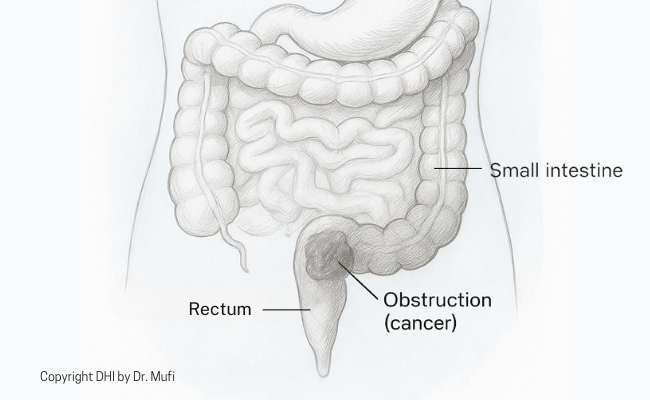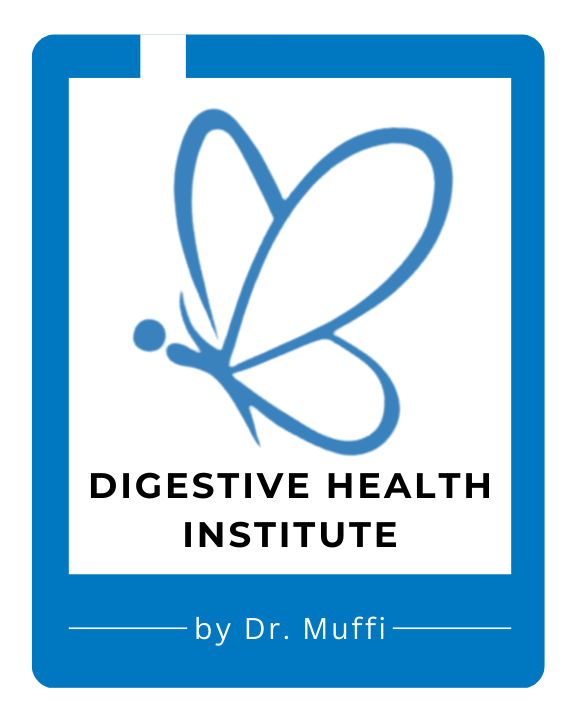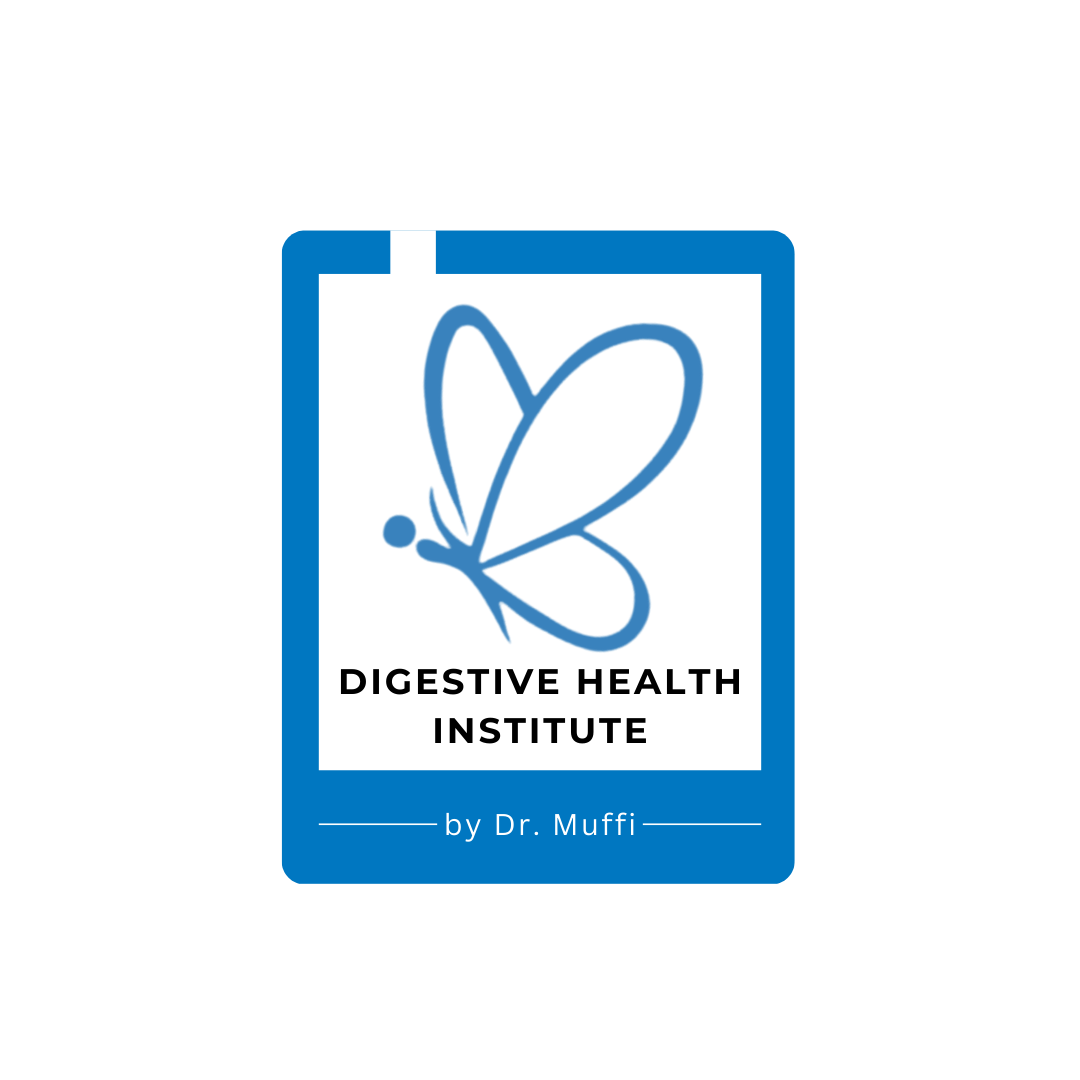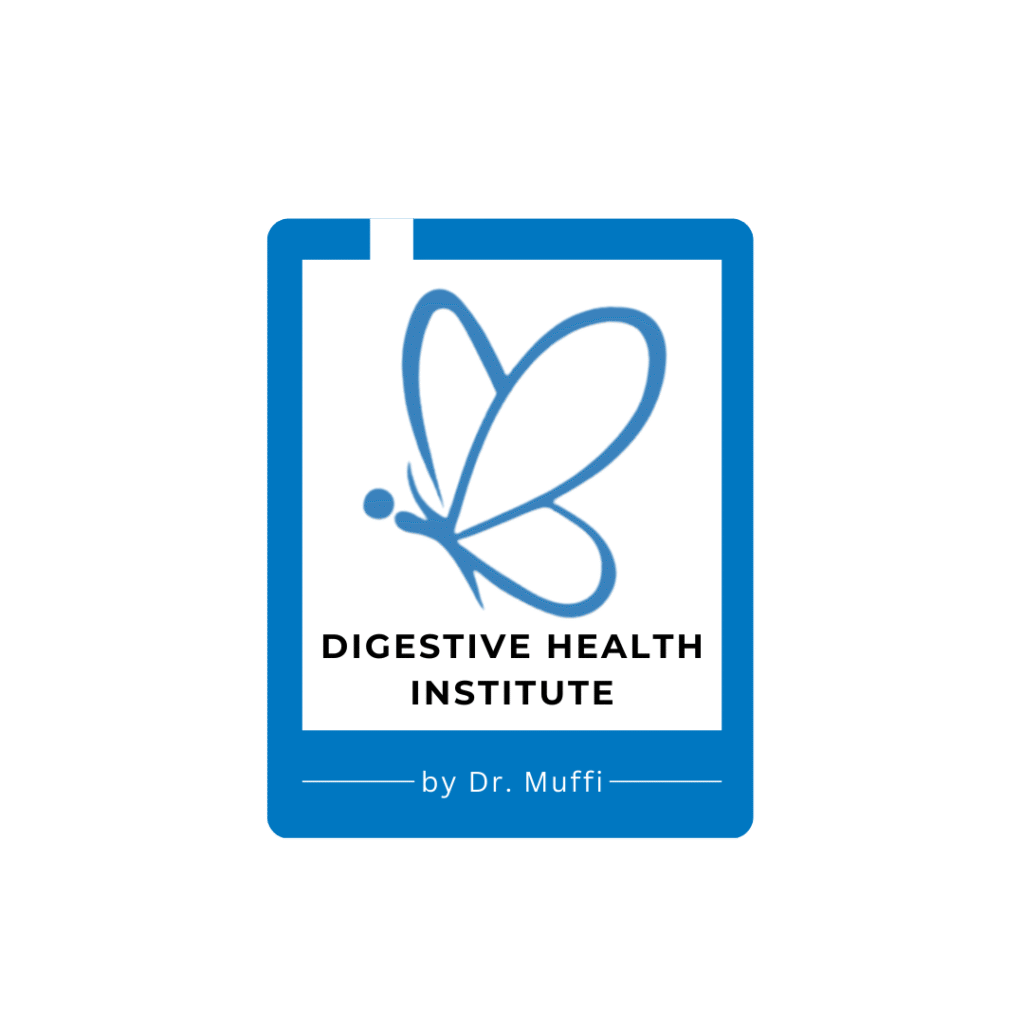Small Intestine Cancer
Info | Symptoms | Diagnosis | Treatment Options

What You Need to Know
Small intestine cancer, also known as small bowel cancer, occurs when abnormal cells begin to multiply uncontrollably within the lining of the small intestine. This type of cancer is rare, with the most common forms being adenocarcinoma, Neuroendocrine Tumors (NETs), and lymphoma. Because its symptoms often resemble common digestive issues, diagnosis can sometimes be delayed, making early detection and timely surgical treatment crucial for improved outcomes.
Common Symptoms of Small Intestine Cancer
If you notice any of the following, speak with your doctor:
- Abdominal pain or cramping
- Unexplained weight loss
- Nausea or vomiting
- Blood in stool
- Fatigue or weakness
- Blockage symptoms (severe pain, bloating, inability to pass stool or gas)
Diagnosis & Evaluation
- Endoscopy / Enteroscopy (camera examination of the small intestine)
- Imaging scans (CT, MRI, PET)
- Biopsy (to confirm cancer cells)
- Blood tests (including anemia screening and tumor markers)
Treatment Options
Treatment depends on the location, type, and stage of the tumor. A personalized care plan may include:
- Segmental Resection (Small Bowel Resection)
Removal of the cancerous section of the small intestine with a margin of healthy tissue, followed by reconnection (anastomosis). - Whipple Procedure (Pancreaticoduodenectomy)
Used for tumors in the duodenum, especially near the pancreas. Involves removal of part of the pancreas, duodenum, and surrounding structures. - Laparoscopic or Robotic Resection
Minimally invasive options for selected cases, offering quicker recovery and smaller incisions. - Debulking Surgery
For advanced disease where complete removal isn’t possible, surgeons reduce tumor size to relieve symptoms.
Other Treatments
- Chemotherapy: Used in advanced or recurrent disease.
- Targeted Therapy / Immunotherapy: For specific tumor types and genetic profiles.
- Radiation Therapy: Rarely used but may help in symptom control.
What are the common warning signs of Small Intestine Cancer?
Key small bowel cancer symptoms include persistent, unexplained abdominal pain or cramps, unexplained weight loss, persistent fatigue, blood in the stool, or anemia. Because symptoms are vague, a high index of suspicion and specialized diagnostic testing are required.
Why is Small Intestine Cancer so rare compared to Colon Cancer?
Small bowel cancer is rare compared to large intestine cancer for several reasons, including the rapid transit time of contents, which limits exposure to carcinogens, the small intestine’s liquid contents (diluting carcinogens), and the high concentration of immune tissue.
What is the main surgical treatment for Small Bowel Cancer?
The primary treatment is a small bowel resection, where the section of the intestine containing the tumor is surgically removed, and the remaining healthy ends are rejoined (anastomosis). This procedure is often performed laparoscopically to minimize recovery time.
What are Neuroendocrine Tumors (NETs) in the small intestine?
Neuroendocrine Tumors (NETs) are a common type of small intestine cancer that arise from hormone-producing cells. While often slow-growing, they require specialized treatment, as they can sometimes produce excessive hormones that cause symptoms like flushing and diarrhea.





